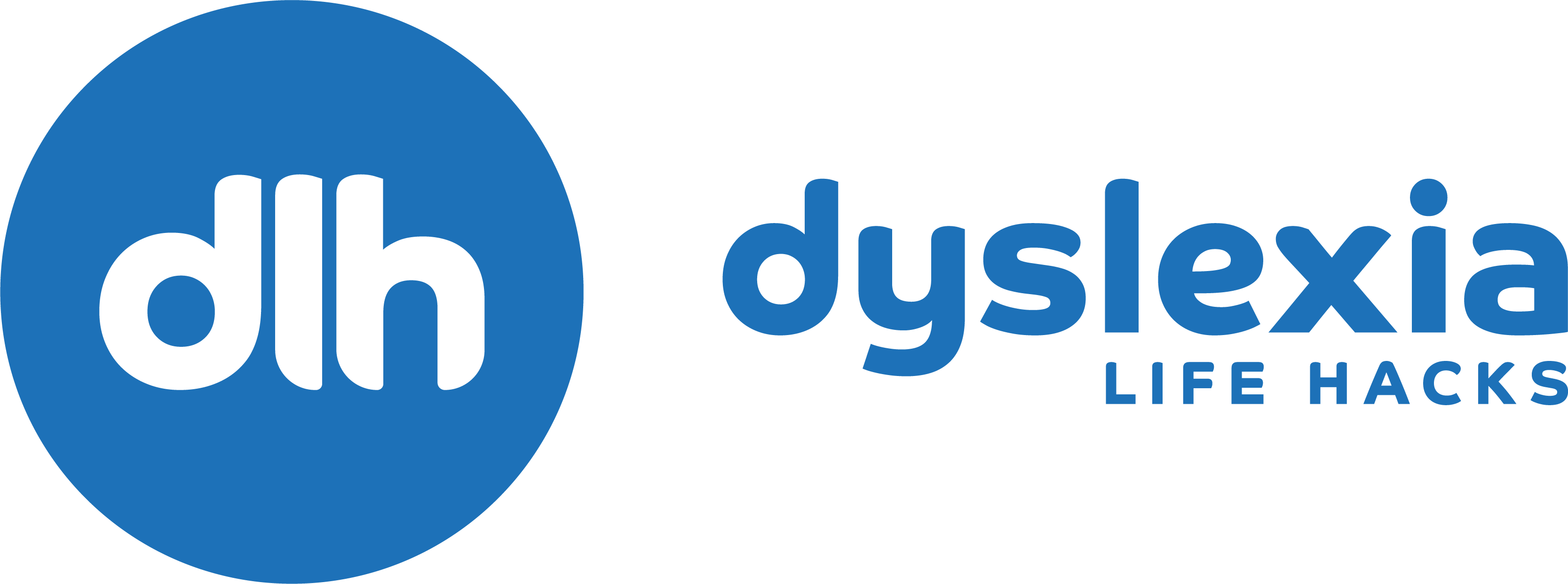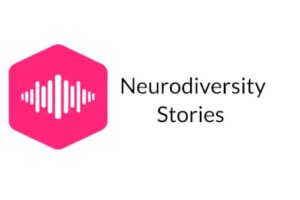Text to speech software is a powerful tool for proofreading documents. Microsoft Word from 2019 onwards has a “read aloud” button under the review tab (earlier versions can also read text – see Microsoft online guides for details). There are also standalone programmes that do this.
Having your work read back to you really helps pick out the grammatical and spelling mistakes, especially when spell checking to the completely wrong word.





